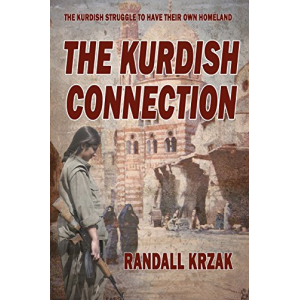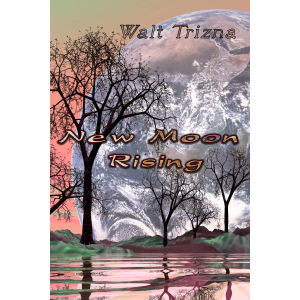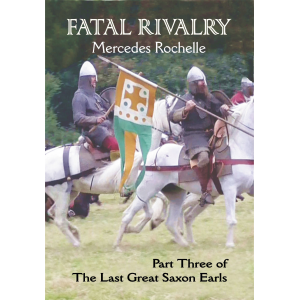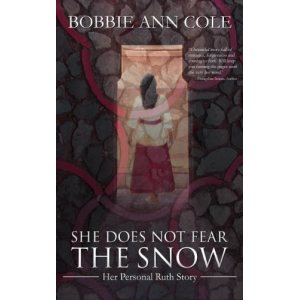- Author
- Book
- Story behind the book
- Media Links
- Reviews

Mary McDonald
About
When I'm not writing, I'm a respiratory therapist. I've been married 25 years and have three children.
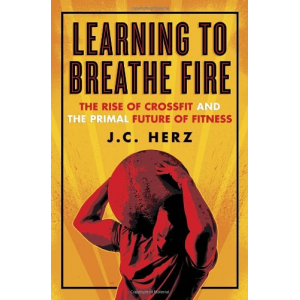
Learning to Breathe Fire: The Rise of CrossFit and the Primal Future of Fitness
Description
<p><b>The absorbing, definitive account of CrossFit's origins, its explosive grassroots growth, and its emergence as a global phenomenon.</b><br /> <br />One of the most illuminating books ever on a sports subculture, <i>Learning to Breathe Fire </i>combines vivid sports writing with a thoughtful meditation on what it means to be human. In the book, veteran journalist J.C. Herz explains the science of maximum effort, why the modern gym fails an obese society, and the psychic rewards of ending up on the floor feeling as though you're about to die. <br /> <br />The story traces CrossFit’s rise, from a single underground gym in Santa Cruz to its adoption as the workout of choice for elite special forces, firefighters and cops, to its popularity as the go-to fitness routine for regular Joes and Janes. Especially riveting is Herz’s description of The CrossFit Games, which begin as an informal throw-down on a California ranch and evolve into a televised global proving ground for the fittest men and women on Earth, as well as hundreds of thousands of lesser mortals. <br /> <br />In her portrayal of the sport's star athletes, its passionate coaches and its “chief armorer,” Rogue Fitness, Herz powerfully evokes the uniqueness of a fitness culture that cultivates primal fierceness in average people. And in the shared ordeal of an all-consuming workout, she unearths the ritual intensity that's been with us since humans invented sports, showing us how, on a deep level, we're all tribal hunters and first responders, waiting for the signal to go all-out. </p>
Story Behind The Book
This book started as a short story based on a writing challenge. The challenge was to have your character wake up in a padded room and not know how they got there. The challenge was issued around the same time as the headlines were debating the treatment of American enemy combatants. Not the prisoners held at Guantanamo Bay. but American citizens who were designated enemy combatants. I wondered what would happen if an innocent man was accused? I've always been a fan of the reluctant hero and time travel fiction, and while this isn't exactly time travel, there is a fantastical element to the story. The short story morphed into a novel because readers of the story wanted to know what happened to the character. The padded room has been replaced by a cell and the character knows how he got there, but he's still confused as to exactly why and how he can explain.
Media Links
Reviews
<span style="border-collapse:separate;color:#000000;font-family:'Times New Roman';font-style:normal;font-variant:normal;font-weight:normal;letter-spacing:normal;line-height:normal;text-indent:0px;text-transform:none;word-spacing:0px;font-size:medium;"><span style="font-family:verdana, arial, helvetica, sans-serif;font-size:small;">I thoroughly enjoyed reading No Good Deed. The first five chapters were consumed in the blink of an eye. I didn't want to put the book down.<span class="Apple-converted-space"> </span><br /><br />The themes are very relevant, and could have been yanked right out of today's headlines: terrorists, controversial interrogation techniques, and the rights (or lack thereof) of detainees. I always just kind of assumed detainees were legitimate bad guys who had it coming. But what if they're not? No Good Deed explores that question in a riveting, page turning way.<span class="Apple-converted-space"> </span><br /><br />Not my usual genre, but I'm glad I read it!</span></span>

